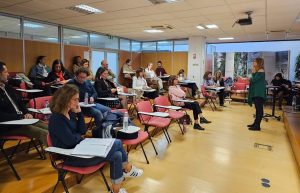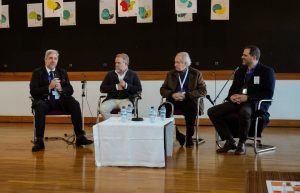A new programme is looking into the potential of virtual reality (VR) to overcome language barriers in the rehabilitation efforts of substance abuse among refugees who are on probation. The initiative strives to fill the gap of language specific programmes for this vulnerable justice-involved population.
As the global refugee crisis continues to grow, authorities around the world are faced with the challenge of meeting the physical and psychological needs of these vulnerable individuals. With an increasing number of refugees and immigrants, comes an increase of unmet demands, which can lead to risky behaviours such as substance abuse and criminal activity.
For professionals of the probation system who provide training on positive coping strategies to prevent re-offending, the language barrier poses a challenge. Refugees, often lack access to training in their own language, making it difficult for them to develop the necessary skills.
The use of virtual reality has been shown to be effective in treating a variety of psychological disorders and developing skills such as emotion recognition and regulation, communication, and behaviour in high-risk situations. This technology has the added advantage of being adaptable to different languages, and easily scalable.
Developing a virtual reality-based solution to support the rehabilitation process of refugees under judicial supervision
To address this issue, the Training of Refugee Offenders by Virtual Reality (TRAIVR) project has been launched to develop a virtual reality programme that will improve the coping skills of substance-using refugees who are under judicial supervision (probation). By using substance use as an indicator of deficient coping skills, the programme will focus on teaching problem-solving and emotion regulation skills rather than solely addressing substance use behaviour.
The use of virtual reality has been shown to be effective in treating a variety of psychological disorders and developing skills such as emotion recognition and regulation, communication, and behavior in high-risk situations. This technology has the added advantage of being adaptable to different languages, and easily scalable.
Moreover, the initiative is striving to develop an innovative solution that will offer language independent programmes. The ultimate goal is to reduce the risk of these individuals engaging in criminal behaviour/reoffending.
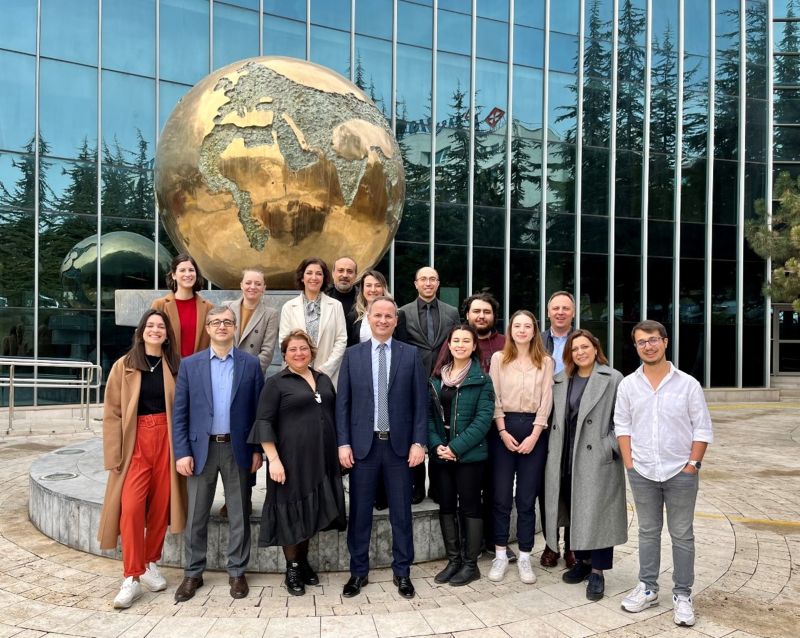
Adopting a tailored approach to answer refugees’ specific needs
The TRAIVR project consortium discussed the specific features of the virtual reality programme and how it would be implemented. One of the key points of the meeting was to guide the development process to ensure that the programme is accessible to all individuals in the target population, independently of language barriers.
Overall, the kick-off meeting was a productive and inspiring event. Project partners left with a clear vision of how TRAIVR can make a difference in the lives of vulnerable individuals and help them build a brighter future.
The TRAIVR project is gaining momentum as it takes its first steps toward the programme development. In the upcoming meeting, which will be held in Portugal, project partners will come together to discuss their insights on the needs’ assessments and literature review, and to set up the content guidelines of the training programme to be developed in the scope of this transnational initiative.
The project is committed to ensuring that the VR-based programme is tailored to the specific needs of substance-using refugee probationers and is effective in improving their coping skills.
Learn more about this project

TRAIVR
Training of Refugee Offenders by Virtual Reality
The TRAIVR partnership is composed of organisations from Turkey (Baskent University and Ankara Probation Directorate), Portugal (IPS_Innovative Prison Systems), Germany (Becure GmbH), and Romania (European Strategies Consulting).
To learn more about the TRAIVR project, visit its page.
More Rehabilitation, Reintegration and Community Projects
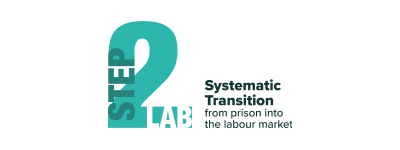
STEP2LAB
Systematic Transition from Prison into the Labour Market
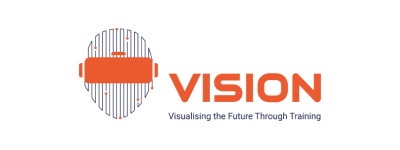
VISION
Visualising the Future Through Training

NEXT STEPS
Development and testing of a process chain for the placement of former detainees as specialists in the labour market
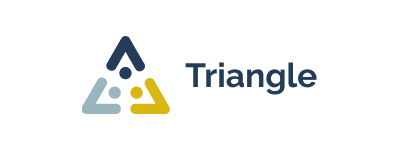
TRIANGLE
Secured digital education system for vocational skills for youngsters in closed institutions
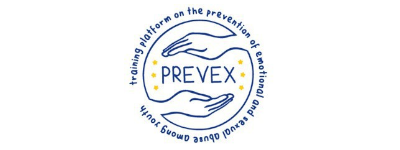
PREVEX
Preventing Emotional and Sexual Abuse Among Young People

ViRTI
Virtual reality for training inmates

BLEEP
Blended Learning Environment for European Prisoners

VR4DRUG Rehab
Developing and Using Virtual Reality Technology for the Rehabilitation of Drug Users in Probation Services

Coding-OUT
Coding in prison as a valuable OUTside tool for employment
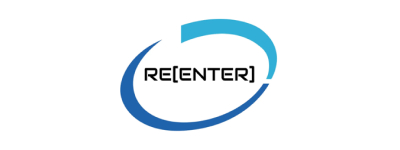
RE[ENTER]
Strengthening the capacity of criminal justice professionals and volunteers
Related news
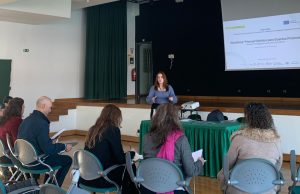
Workshops enhance the skills of correctional officers and volunteers to support post-prison employment
Read More »